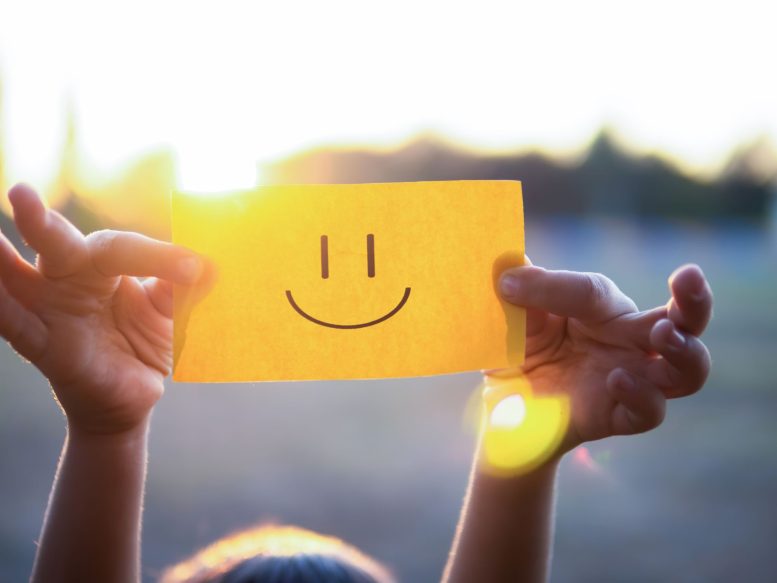
Attending in-person events like festivals and markets may significantly boost well-being, according to a new study.
While winter weather can make staying indoors more appealing, new research from the University of South Australia suggests that getting out to attend in-person events may offer a surprising boost to mental well-being.
In collaboration with Flinders University, researchers specializing in tourism and event management found that people who regularly take part in events, like festivals, art exhibitions, sports games, farmer’s markets, and food-related gatherings, tend to experience more frequent positive emotions, including happiness, contentment, excitement, and joy.
The study also discovered that in-person event attendance is strongly linked to increased emotional engagement. Participants often reported becoming so involved in these activities that they lost track of time, a sign of deep immersion.
To explore these patterns, the researchers surveyed over 350 people across South Australia, asking about the frequency of their participation in both in-person and virtual events and how these experiences affected their well-being.
Findings showed a clear link between attending in-person events more often and greater emotional well-being. Participants reported higher levels of joy and excitement, along with a stronger sense of focus and involvement in the moment.
A Holistic Look at Event Impact
UniSA’s Associate Professor Sunny Son says although it is often claimed that event experiences can enhance people’s well-being, there is limited research examining their overall impact.
“Our study took a holistic approach by looking at the relationships between attending events and well-being. We found evidence that attending events can meaningfully improve individuals’ well-being, encouraging communities to leverage events to improve general well-being,” she says.
“Well-being has become an increasingly important focus for individuals and communities and is linked to many benefits related to health, work, family, and community.
“Previous studies have shown that higher levels of well-being can lead to a reduced risk of illness and injury and increase longevity. People with high levels of well-being tend to perform better in the workplace and contribute positively to their community, so it’s important not only for public health but also for building strong socially sustainable, and connected communities.”
The study also found that attending virtual events – such as an online concert or livestream experience – contributes to people’s sense of accomplishment. However, unlike in-person events, virtual events have no impact on other dimensions of well-being.
Real-World Applications
Flinders University Senior Lecturer Dr. Eliza Kitchen says organizations can take advantage of the benefits of in-person events by incorporating them into employee reward programs, inviting clients, partners, or other stakeholders to events, or distributing free event tickets to staff.
“These strategies not only enhance employee satisfaction and morale but also foster a more engaged and productive workforce,” she says.
“We believe that universities and schools can also use events to support student well-being, which is particularly important given the high prevalence of mental health issues among young people.
“Special events can provide students with valuable opportunities to interact with one another, relieve stress, and achieve personal growth. This is also the case for local councils, which can host free events to help their residents connect with their neighbors and foster a stronger sense of community, support, and well-being.
“What we found is that events do much more than just drive tourism and boost the economy; they also play a critical role in enhancing well-being. This gives us another strong reason to support events, not just for visitors, but for the benefits of locals as well.”
Reference: “The Value of Events for Personal Well-Being: A PERMA Perspective” by Insun Sunny Son, Eliza Kitchen and Julia J. Jones, 12 June 2025, International Journal of Tourism Research.
DOI: 10.1002/jtr.70061
Never miss a breakthrough: Join the SciTechDaily newsletter.
2 Comments
i imagine that attending events to be happy would depend highly on the type of event and the types of people attending the events.
because I hate selfish people who talk loudly at gigs, reserve spaces and then wander off etc etc – these events stress me out !!